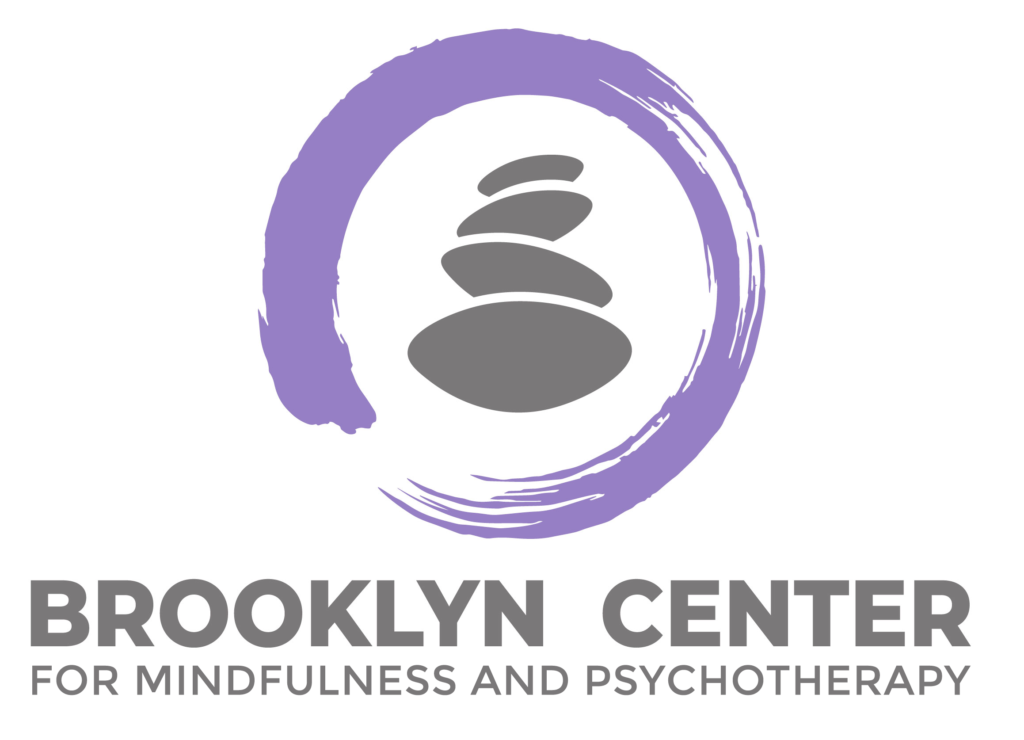Welcome to our blog, where we delve into the transformative journey of healing from traumatic experiences and cultivating resilience right in the vibrant heart of New York. In this urban oasis, we explore the multifaceted aspects of healing, offering insights, strategies, and resources to support individuals on their path to recovery. Join us as we navigate the complexities of trauma, uncover the power of resilience, and illuminate the diverse pathways to finding strength and reclaiming one’s life in a city that never sleeps.
Understanding Traumatic Experiences
Traumatic experiences can significantly impact an individual’s mental health and well-being. In New York, traumatic events such as natural disasters, acts of violence, and accidents are unfortunately not uncommon. Understanding that trauma can affect individuals differently and that seeking professional help is crucial for recovery is essential. Many resources are available in New York for those who have experienced trauma, including counseling services, support groups, and community programs. It is important to prioritize self-care and seek help to cope with the effects of traumatic experiences.
How Trauma Can Affect Mental Health
Trauma can profoundly impact an individual’s mental health, and this is particularly true in New York, where many people are exposed to high levels of stress and trauma daily. Traumatic experiences such as physical or sexual abuse, natural disasters, or violent crime can all lead to symptoms of depression, anxiety, post-traumatic stress disorder (PTSD), and substance abuse.
In New York City, the prevalence of trauma-related mental health issues is exceptionally high among marginalized communities, including low-income individuals and people of color. These populations are often disproportionately affected by traumatic events such as police violence, poverty, and discrimination. To address these issues, several organizations in New York provide mental health services specifically designed to support those who have experienced trauma. These services may include therapy, support groups, and other resources to help individuals cope with the effects of trauma and work toward healing.
The Importance of Seeking Professional Help
Seeking professional help for traumatic experiences is crucial for individuals living in New York. Trauma can significantly impact mental health, including symptoms such as anxiety, depression, and PTSD. These symptoms can be debilitating and affect an individual’s ability to function in daily life. Seeking help from a licensed therapist or mental health professional can provide individuals with the support and guidance they need to work through their trauma and overcome these challenges.
Professional help can come in many forms, such as one-on-one therapy sessions or group therapy. Therapists use evidence-based practices to address trauma-related symptoms, such as cognitive-behavioral therapy (CBT) or eye movement desensitization and reprocessing (EMDR). Seeking professional help also provides a safe space for individuals to express their emotions and learn coping strategies to manage their symptoms. In short, seeking professional help is essential for those who have experienced trauma because it offers hope for healing and recovery.
Effective Psychotherapy for Trauma
Effective psychotherapy for trauma is crucial to help individuals heal and move forward after experiencing a traumatic event. In New York, there are several evidence-based treatments available that are effective in treating trauma, including Eye Movement Desensitization and Reprocessing (EMDR), Cognitive Processing Therapy (CPT), and Prolonged Exposure Therapy (PE).

EMDR involves eye movements or other forms of bilateral stimulation while recalling traumatic memories, which helps to reprocess these memories so that they no longer cause distress. CPT focuses on identifying and changing negative thoughts related to the trauma. PE involves gradually exposing the individual to feared situations or memories until they no longer evoke a strong emotional response.
It is essential to find a therapist trained in these specific treatments and with experience working with trauma survivors. Therapy can take time and requires commitment from both the client and therapist, but the right approach can lead to significant improvements in mental health and well-being. Effective psychotherapy for trauma can help individuals regain control over their lives and move towards a more positive future.
PTSD Symptoms and Diagnosis
Post-traumatic stress disorder (PTSD) is a mental health condition that can develop after a person experiences or witnesses a traumatic event. Some common symptoms of PTSD include intrusive thoughts or memories of the event, avoidance of trauma reminders, hypervigilance, and nightmares. These symptoms can be severe and long-lasting, interfering with daily life and relationships.
To diagnose PTSD in New York, mental health professionals will typically use the criteria outlined in the Diagnostic and Statistical Manual of Mental Disorders (DSM-5). This includes assessing whether the person has been exposed to a traumatic event, if they are experiencing re-experiencing symptoms (such as flashbacks), if they are avoiding reminders of the trauma if they have negative thoughts or feelings associated with the event, and if they are experiencing hyperarousal symptoms (such as being easily startled).
Treatment for PTSD in New York typically involves therapy and medication. Cognitive-behavioral therapy (CBT) is often used to help individuals process their trauma and learn coping skills for managing symptoms. Eye Movement Desensitization and Reprocessing (EMDR) is also an effective therapy for PTSD that involves recalling traumatic events while following a therapist’s finger movements. Medications such as antidepressants or anti-anxiety medications may also be prescribed to manage symptoms. With proper treatment and support, individuals with PTSD can learn to manage their symptoms and lead fulfilling lives.

How to Heal from Traumatic Experiences?
Healing from traumatic experiences can be challenging and complex, but seeking professional help is often the first step toward recovery. Several resources are available in New York for individuals seeking support and healing. Therapy can provide a safe and non-judgmental space to explore the impact of trauma on one’s life and develop coping strategies to manage symptoms such as anxiety, depression, and PTSD.
In addition to therapy, support groups can be a helpful resource for those who have experienced trauma. These groups provide an opportunity to connect with others with similar experiences and offer a sense of community and understanding. New York has a variety of support groups available, including specialized groups for survivors of sexual assault or domestic violence. No matter what approach or combination of methods one chooses, it’s important to remember that healing is possible, and there is no shame in seeking help.
Different Types of Therapy Available for Healing from Trauma
In New York, various types of therapy are available for healing from trauma. Here are some common approaches:
- Cognitive Behavioral Therapy (CBT) focuses on identifying and changing negative thoughts, emotions, and behaviors associated with trauma. It helps individuals develop coping strategies, challenge distorted beliefs, and learn new ways of thinking.
- Eye Movement Desensitization and Reprocessing (EMDR): EMDR combines elements of psychotherapy with eye movements or other forms of bilateral stimulation. It aims to reprocess traumatic memories and reduce the distress associated with them.
- Trauma-focused Cognitive Behavioral Therapy (TF-CBT): TF-CBT is a specialized form of CBT designed for children and adolescents who have experienced trauma. It incorporates cognitive-behavioral, psychodynamic, and family therapy elements to address trauma-related symptoms.
- Dialectical Behavior Therapy (DBT): DBT is a comprehensive therapy approach that combines individual therapy, group skills training, and phone coaching. It focuses on emotional regulation, distress tolerance, interpersonal effectiveness, and mindfulness.
- Somatic Experiencing (SE): SE is a body-centered therapy approach that emphasizes the nervous system’s role in processing trauma. It helps individuals release and resolve physical tension and sensations associated with trauma.
- Psychodynamic Therapy: Psychodynamic therapy explores how past experiences and unconscious processes influence present thoughts, feelings, and behaviors. It aims to enhance self-awareness and understanding of the root causes of trauma-related symptoms.
- Art Therapy: Art therapy involves the use of art materials and creative expression as a means of exploring and processing trauma. It can help individuals communicate and explore emotions that may be difficult to verbalize.
- Group Therapy: Group therapy provides a supportive and validating environment where individuals can share their experiences and learn from others who have gone through similar trauma. It offers a sense of community and can help reduce feelings of isolation.
- Mindfulness-Based Therapies: Therapies such as Mindfulness-Based Stress Reduction (MBSR) and Mindfulness-Based Cognitive Therapy (MBCT) incorporate mindfulness practices to help individuals develop greater awareness and acceptance of their thoughts and emotions related to trauma.
Conclusion
In conclusion, various therapeutic approaches are available to help individuals cope with traumatic experiences. DBT, SE, psychodynamic therapy, art therapy, group therapy, and mindfulness-based therapies are effective methods that can assist in the healing process. It is essential to seek professional help and find a therapist who aligns with your needs and preferences to achieve positive results. Remember that healing is a journey, and taking your time and prioritizing your emotional well-being is okay. At Brooklyn Mindful in New York, we aim to provide a safe and supportive space for individuals to process traumatic experiences and develop resilience. Our team of experienced therapists offers personalized treatment plans tailored to each individual’s unique needs. If you or someone you know is struggling with trauma-related symptoms, please do not hesitate to ask for help. Remember, healing is possible, and you deserve to live a life free from the impact of traumatic experiences.






